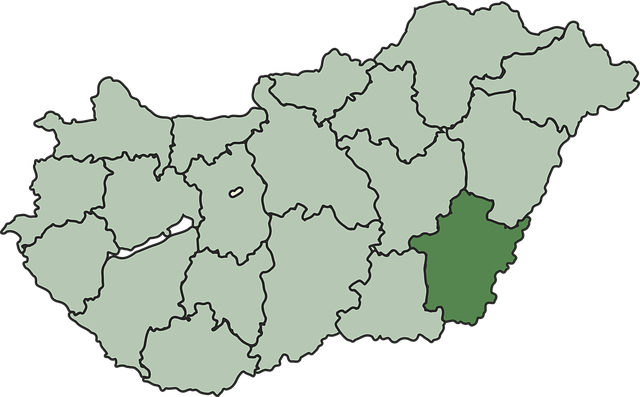Close-knit towns prioritize mixed-use real estate developments, eco-friendly homes, and local business investments to attract young professionals and families. These strategies enhance community well-being, create job opportunities, and foster a sustainable economy by balancing lifestyle amenities with local advantages.
In today’s competitive job market, close-knit towns are emerging as attractive destinations for workforce support. These vibrant communities offer a unique blend of quality living and robust local economies. This article explores key aspects that contribute to their success, focusing on real estate trends facilitating talent attraction and retention, alongside the pivotal role played by local businesses. Discover strategies that empower these tight-knit towns to thrive in attracting and keeping top talent.
Real Estate Trends in Supportive Towns

In close-knit towns known for their supportive workforce, real estate trends reflect a unique blend of affordability and community-oriented living. These towns often boast lower property values compared to larger metropolitan areas, making them attractive to young professionals and families seeking affordable housing options. Local governments and developers prioritize mixed-use developments that integrate residential spaces with retail and commercial buildings, fostering a vibrant and accessible urban environment.
Additionally, sustainable and energy-efficient homes are in high demand, aligning with the community’s values. Many residents prefer real estate investments that contribute to the town’s overall well-being, such as properties located near parks, community centers, and local businesses. This trend not only supports a thriving local economy but also enhances the quality of life for residents, creating a positive feedback loop that reinforces the town’s reputation as an ideal place to live and work.
The Role of Local Businesses in Workforce Support

Local businesses play a pivotal role in supporting the workforce within close-knit towns. These enterprises, often family-owned or community-driven, serve as the backbone of economic stability and job opportunities. By fostering partnerships with local schools, colleges, and career centers, they can offer internships, apprenticeships, and mentorship programs, thereby nurturing future talent.
Moreover, these businesses contribute to workforce support through their role in Real Estate. They may provide affordable housing options, create mixed-use developments that blend residential and commercial spaces, or sponsor community initiatives that attract and retain a diverse labor pool. This holistic approach not only strengthens the local economy but also enhances the overall quality of life for residents, fostering a sustainable and thriving workforce ecosystem.
Strategies for Attracting and Retaining Talent in Close-knit Communities

In close-knit communities, attracting and retaining talent is a delicate balance between offering appealing lifestyle amenities and leveraging unique local advantages. One effective strategy involves investments in real estate that cater to diverse needs—from affordable housing initiatives to modern co-working spaces. By creating vibrant neighborhoods that foster community engagement, these towns can attract young professionals seeking not just employment but also a sense of belonging.
Additionally, promoting local businesses and crafting job opportunities within existing sectors strengthens the community’s economic base. Offering incentives for entrepreneurs and supporting innovative startups creates a positive feedback loop where talent is attracted by job prospects, which in turn drives further local investment and growth. This sustainable approach leverages the tight-knit social fabric to build a thriving workforce that contributes to the town’s overall prosperity.






